Introduction

Tyres. That’s the only thing that connects a vehicle with the road. And when it comes to motorcycles – especially performance oriented ones (no matter what capacity) – tyres can make all the difference. And not just in terms of physics, but also psychologically. Trust the tyres and chances are you will be riding quicker, turning harder, and leaning more.
This is where the new Apollo Alpha H1 comes in.
Now, Apollo is better known for its bus and truck radials, and passenger car tyres. And although it has presence in the two-wheeler space, it’s all to do with commuter needs like scooters and motorcycles up to 150cc. All that changes with the Alpha.
The Alpha H1 is meant for motorcycles like the KTM 390 Duke, Yamaha YZF R3, Kawasaki Ninja 300 and the new TVS Apache RR310. And so, the Alpha has a lot to live up to, be it performance or technology, or subjective bits like feel and confidence. So, to find out how good they are, Apollo has sent us a set for a review. This, however, is just the introduction. Real world results will follow in future reports.
The sizes

The Apollo Alpha H1 is available for both the front and the rear. Now, while the front in available in only one size, a 110/70 ZR17, the rear can be had in a 130, a 140 or a 150 section, all measuring 17 inch in diameter. Our test tyre is the 150/60 ZR17, and it carries a W speed rating.
The front tyre is the stock size for everything from the R3 to the Duke to the RR and the Ninja. On the other hand, the rear we have is a perfect fit on the KTM and the TVS, and is an oversize for the Yamaha and the Kawasaki.
The technology

The Alphas use radial construction. So, compared to bias ply, these are lighter and stiffer. What’s more, Apollo uses the Zero Degree steel belt for the Alphas. What it essentially means is that steel belts are wound around the carcass along the direction of the tyre’s travel, or circumferentially if you will.
This results in lesser plies but a stronger structure. So, the tyres are lighter and therefore these run cooler and have a longer tread life. But, because they are also stronger, these resist severe deformation under load giving good stability both in a straight line and around bends.
Anything else I need to know?

Apollo is concentrating on three things with the Alpha. Grip. Safety. And tread mileage. As surprising as it might sound, even for this class of bikes, tyre longevity is a very important factor here as well. We have already explained how the technology will help with the ‘grip’ part.
So for ‘safety’, Apollo has focused on two things – wet grip and braking performance. Much of it is achieved with the various types of polymers used in the tyre’s construction. But a lot has to do with the tread pattern as well, says Apollo. The V-type pattern helps dissipate water better while the groove and land ratio results in consistent contact patch aiding better and consistent braking performance. ‘Groove’ here indicates the width of the groove of the tread, while the ‘land’ is the width of the non-grooved part.
As for longevity, all Apollo has told us is the compound used for the tyres is a special one; one that delivers on the ‘magical triangle’ of performance – which includes grip, high mileage and low rolling resistance. The company did add that the construction material includes silica, and a mix of different grade polymers. Additionally, the dual filler system, says Apollo, helps with reinforcement.
Next update

Now, it’s time to put these tyres onto a motorcycle. And since we have the TVS Apache RR310 in our long-term fleet already, it makes for the perfect fit. The plan now is to run the Apollo clad Apache for six months. We will commute on it; take it up some twisties; ride it through rain and slush; and put it through some potholes for good measure.
But before that, we will set a baseline to gauge the new H1 against. That report goes live next week. So, stay tuned.
Product Details
Make: Apollo Tyres
Type: Motorcycle Radial Tyre
Model: Apollo Alpha H1
Size: Front – 110/70 ZR 17; Rear – 150/60 ZR 17
Price: Front - Rs 6,499; Rear – Rs 8,499
Photgraphy by Kaustubh Gandhi
Gallery
1/5
TVS Apache RR310 Action
Double Tap to Zoom






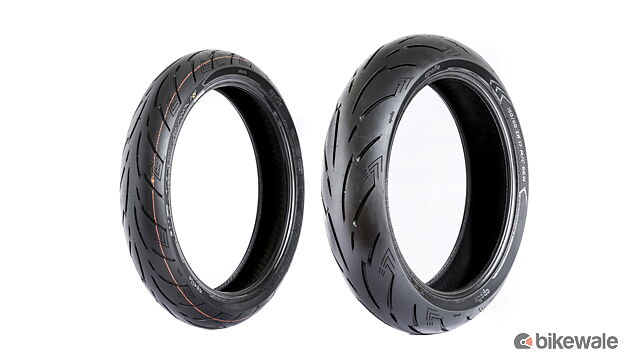




![TVS Apache RR 310 [2020-2023] Image TVS Apache RR 310 [2020-2023] Image](https://imgd.aeplcdn.com/272x153/n/cw/ec/102869/apache-rr-310-right-side-view-2.png?isig=0&q=80)
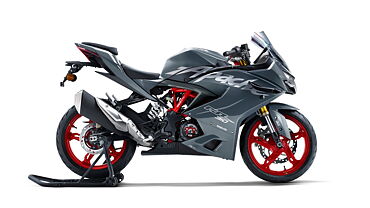

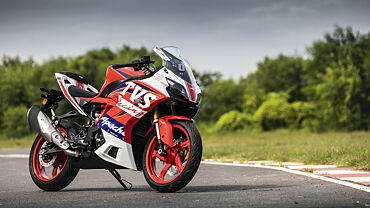
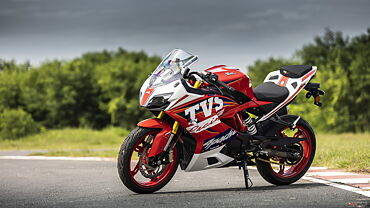
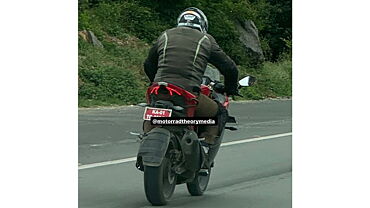

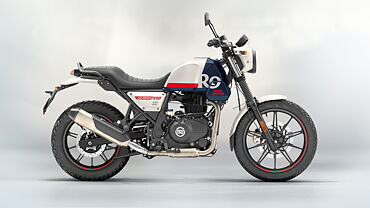
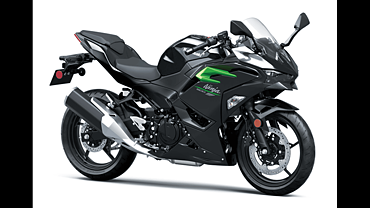
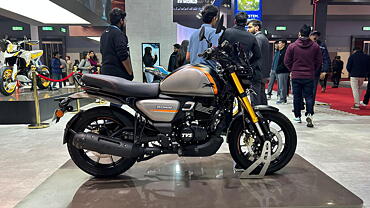
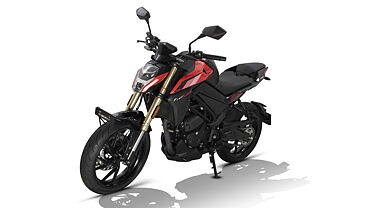
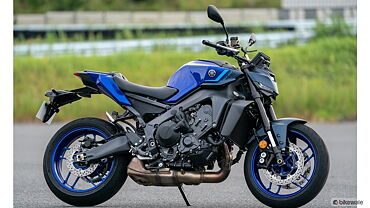
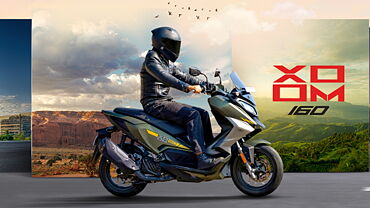
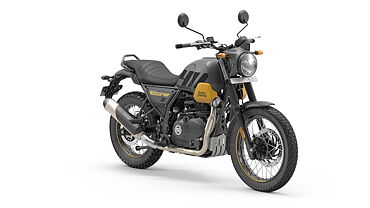
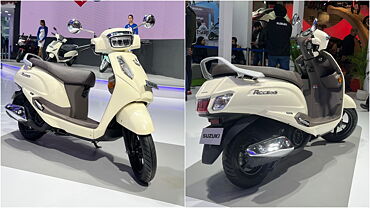
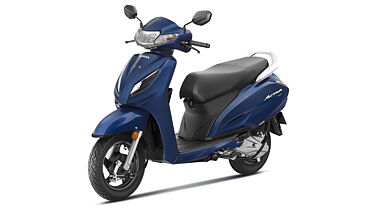
![TVS Apache RR 310 [2020-2023] Exterior TVS Apache RR 310 [2020-2023] Exterior](https://imgd.aeplcdn.com/199x112/bw/ec/32961/TVS-Apache-RR-310-First-Ride-Review-118203.jpg?wm=2&q=80)
![TVS Apache RR 310 [2020-2023] Exterior TVS Apache RR 310 [2020-2023] Exterior](https://imgd.aeplcdn.com/199x112/bw/ec/34092/TVS-Apache-RR310-Long-Term-Report-3-125636.jpg?wm=2&q=80)
![TVS Apache RR 310 [2020-2023] Exterior TVS Apache RR 310 [2020-2023] Exterior](https://imgd.aeplcdn.com/199x112/bw/ec/36641/2018-Sherco-TVS-Rally-Lite-450-First-Ride-Review-138277.jpg?wm=2&q=80)
![TVS Apache RR 310 [2020-2023] Action TVS Apache RR 310 [2020-2023] Action](https://imgd.aeplcdn.com/199x112/bw/ec/32161/TVS-Apache-RR-310-Action-114115.jpg?wm=2&q=80)
![TVS Apache RR 310 [2020-2023] Action TVS Apache RR 310 [2020-2023] Action](https://imgd.aeplcdn.com/468x263/bw/ec/32995/TVS-Apache-RR310-Action-118575.jpg?wm=2&q=80)
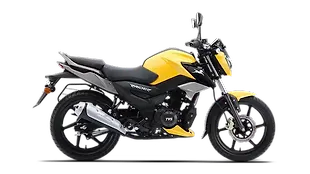
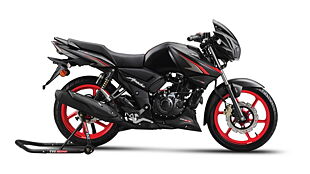
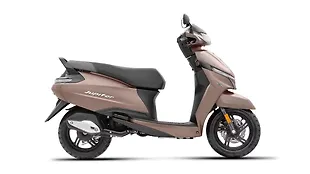


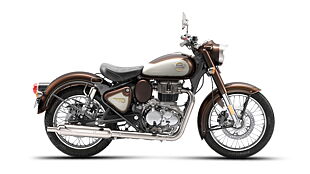
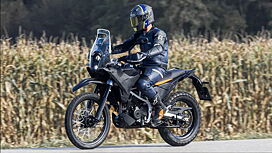

![KTM 390 Adventure X [2025] KTM 390 Adventure X [2025]](https://imgd.aeplcdn.com/272x153/n/cw/ec/190885/390-adventure-x-2025-right-side-view.jpeg?isig=0&q=80)